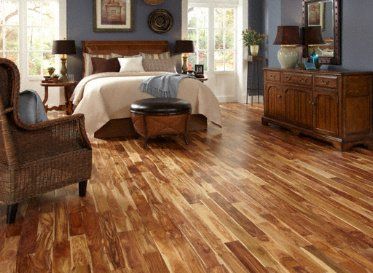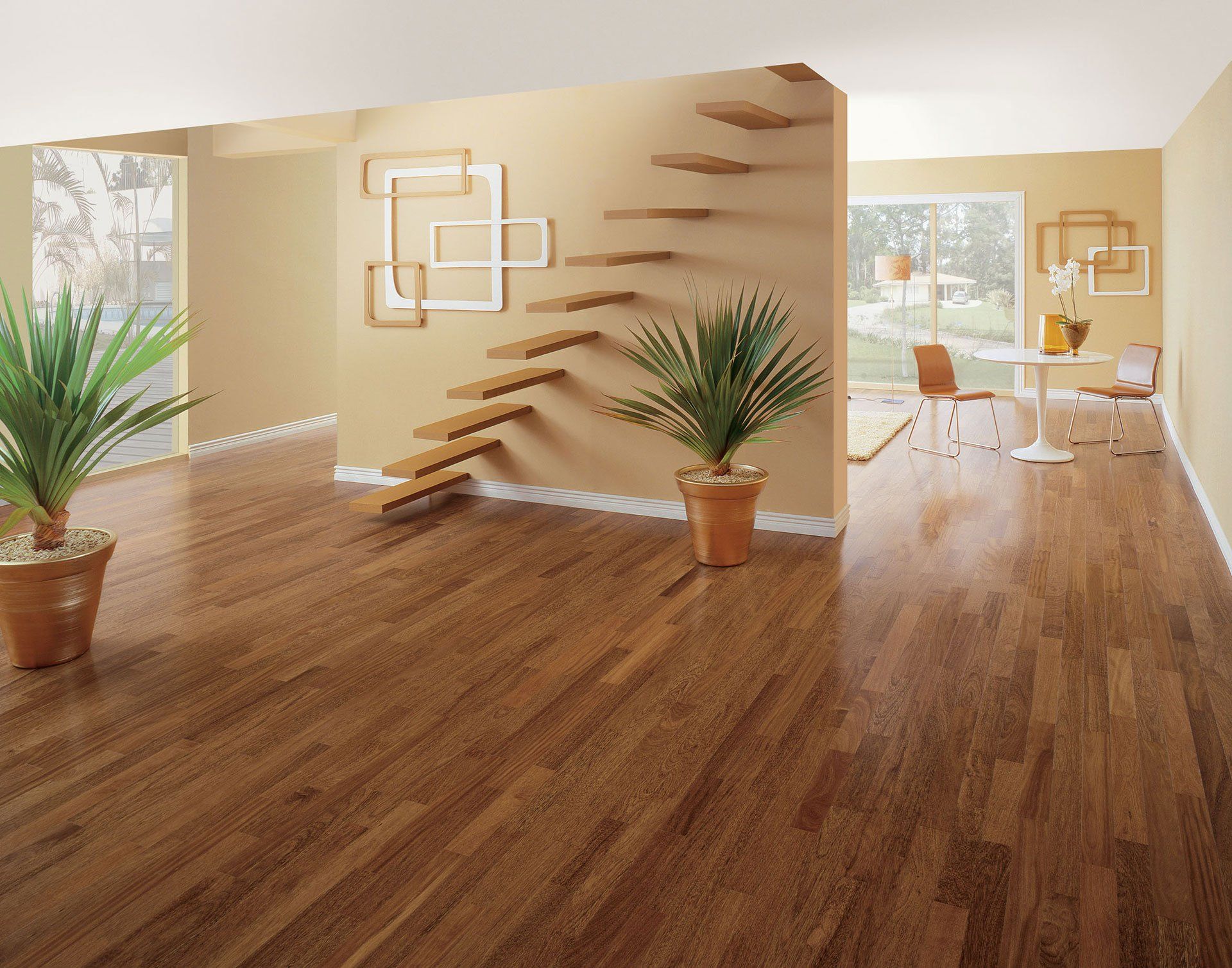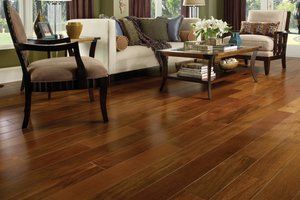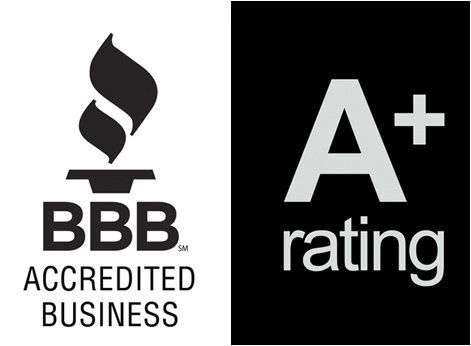Is My Hardwood Defective or Not?
When purchasing a beautiful new floor, one of your worst nightmares is to receive the product and find out that it doesn't do what you expected it to do! After all, you spend a lot of time and energy into the research and expense of actually buying a floor to fit your interior, that is enough to upset anyone.



We would like to take some time to let you know in advance, what is defective, and what is not defective.
Not all cases can be clearly explained without circumstantial knowledge, however, we hope the information below will help you to determine if the concerns with your floor are controllable or avoidable.
My brand new hardwood floor has dents in it, is that a defect?
No. Each floor is different, however these are natural products and while the name "hardwood" sounds good, it can be misleading. Wood is strong and resilient but ultimately when subjected to enough force (potentially high heels, or a dropped can of soup) it will show the effects. The more dense a floor is the more difficult it is to dent. While concrete is super for resisting denting, it isn't much to look at, and it certainly doesn't add the same beauty of value that a hardwood floor does. Ultimately you have to choose, do you want a beautiful, comfortable floor with less dent resistance, or do you want to have a bullet proof floor? Either way there are positives and negatives. Think about an area rug to accent your new floor, and to protect it!
My brand new floor has scratches in it already, is that a defect?
No. Scratches in laminate flooring, or hardwood flooring in particular are expected. These will build up over time to decrease the luster and initial beauty of the floor. It is similar to a new car. At first it is shiny and new, without a scratch on it. Inevitably you choose to park it in the wrong space, and next thing you know you have your first scratch. We also know that it won't be the last. What can we do to stop the inevitable? Perform regular maintenance using manufacturer approved products, sold at A&R Carpet Barn, and at most other specialty retailers to prevent dirt particles from interacting with the floor. Prevent unnecessary interaction by clipping pet toe nails or not allowing them onto the new floor area. Removing shoes and leaving them at the door. (Yes, you should consider being that kind of household now!) Put pads on your chairs, and furniture legs to ensure that when they are moved they don't harm the floor. Ultimately when the scratches still occur, but the good news is that both bamboo and hardwood can be sanded and refinished when it gets to a point that is no longer acceptable to you, so long as the "wear layer" is thick enough (usually 1/8th of an inch or more). Don't forget that an area rug can help protect your new floor, and accent its beauty.
My finish seems to be flaking off, is that a defect?
There are not many reasons why this will occur, but if it does, the odds are very good that it is a product integrity problem. It is also possible that the environmental conditions (relative humidity levels, or large liquid spills) caused the issue. Unless this problem is shown to have another origin besides product then this problem is most likely a defect.
My floor has gaps in it, is that a defect?
No. Wood based products naturally expand with moisture and heat, and contract with cold and loss of moisture. You will typically find that during the winter "seams" in the floor are more noticeable and then they are gone again in the summer. There is a possibility that it is installation related, if you notice gaps immediately after installation (1 day or so) this might be an indication that the product insufficiently locked together or that not enough time was given for acclimation, which is the time required by manufacturer's to allow the product to expand or contract to match its installation area. A possible remedy is to use putty or wood filler to help minimize gap appearances.
My floor has "peaks" in it, where the product is being pushed off the floor, is that a defect?
Believe it or not the answer is no. Wood based products naturally expand with moisture and heat, and contract with cold and loss of moisture. Other possibilities are environmental related, such as prolonged exposure to water, or a relative humidity level that is simply to high to allow the floor to function properly. Fortunately this can usually be fixed by simply allowing more expansion and contraction room, or by replacing the affected planks ( depending upon the cause of the issue), or by regulating the humidity level. Be patient, if it is moisture related and you resolve the related moisture concern, many times the product will release the excess moisture into the air to eventually get closer to its original functionality.
My floor is making "popping" noises when I walk on it, is that a defect?
No. This is usually related to having an uneven subfloor, but it can also be installer related if the floor is improperly glued to the subfloor, or possibly elevated moisture. Elevated moisture can possibly be remedied by humidifier/dehumidifier (roughly 2-8 months to restore relative humidity, depending upon initial moisture level).
My floor sounds squeaky when I walk on it, is that a defect?
No. This is related to the subfloor conditions in your installation area. Many times you can solve this problem simply by testing for squeaks prior to installing the new floor and applying nails or screws into the squeaky area's.
My floor sounds hollow when I walk on it, is that a defect?
No. This means you have installed a floating floor and most likely didn't upgrade your underlayment for better sound absorption. These floors are growing in popularity due to their ease of installation, and as their popularity grows, so do these kinds of concerns. Be sure do research what a floating floor means, and listen to how it sounds when you walk on it to ensure your satisfaction with your floor, it is well worth the extra money for many people, better to find out before your floor is installed!
My hardwood floor doesn't match from one carton to another, is that a defect?
This is a tough question because beauty is in the eye of the beholder, and generally so is whether or not something matches. The easiest answer to this is that every natural item is going to have variation from piece to piece, and in "natural finishes" especially. If you want to have less variation with your product, you need to consider purchasing a stained product which generally makes the product more uniform. Additionally look for higher "grade" materials which are chosen for exhibiting less of the natural characteristics such as mineral streaking, knots, and color variance. You can enhance the beauty of the color variation in your natural floor by using "racking" which is the practice of pulling from multiple (3-5) cartons of flooring at one time while installing. This helps scatter any really unique pieces throughout your entire installation, and displaying the those unique characteristics in a manner that should really set your floor apart!





